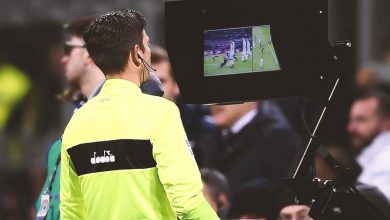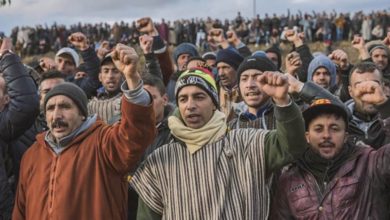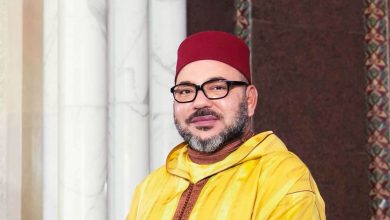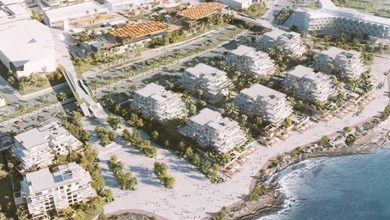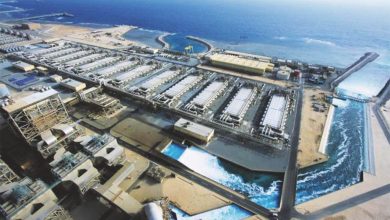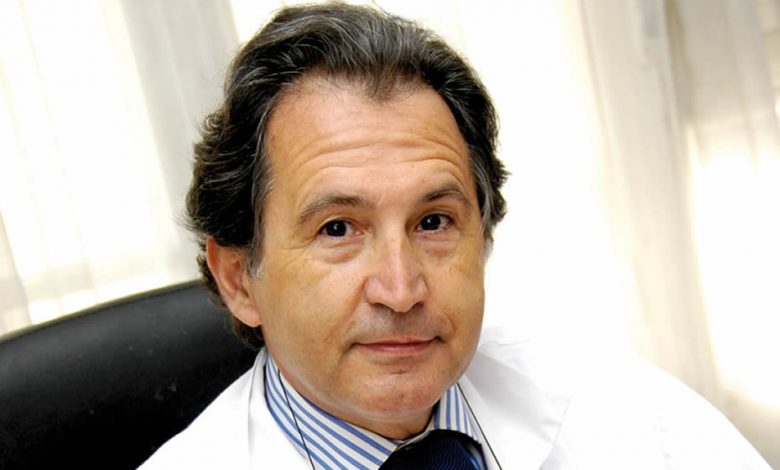
Interview with Professor Salaheddine Slaoui
Professor Salaheddine Slaoui, a specialist in plastic, reconstructive and aesthetic surgery. First Moroccan doctor qualified by the government in plastic surgery in 1987. He is the director of the plastic surgery clinic in Rabat, Morocco, to which he gave his name.
Have you noticed an increase in the number of foreign patients coming to Morocco for treatment?
Professor Salaheddine Slaoui: There is indeed a particular influx of foreigners and their numbers have increased in recent years for three reasons. The reputation of Moroccan cosmetic surgery is excellent. Moroccans are trained, like their European colleagues, either in Europe, Brazil or the United States. Moreover, the first clinic in the world specialized in surgery was founded in Morocco in the 1950s. But the number of plastic surgeons remains low and does not exceed 50 or 55.
In Morocco, patients enjoy tourism with the same quality of care as in their countries of origin. Many of them are discovering the country for the first time and sometimes come with their families. Finally, there are the financial benefits. The prices in our country are between a third and half of the prices in Europe
Which are the main issuing countries for Morocco?
We receive three categories. European requests are represented by France, Spain, Italy, Holland, and America, especially Canada where waiting times before the operation are very long. The second request comes from Moroccans living abroad who know the level of Moroccan surgery. The third, and it is very important to underline this, is the African demand.
These patients come from Algeria, Mauritania, Senegal, Ivory Coast, Burkina Faso, and Guinea. The African niche deserves to be more developed not only in cosmetic surgery but in medicine in general.
How is medical tourism organized at your level?
I am one of those who try to limit myself to the medical profession. The first contact with foreign patients is via the Internet. From this point on, an approximate estimate is made. People coming from abroad take care of their own tickets. The only favor we can do them is that the clinic driver will wait for them at the airport to take them to the clinic and then return them to the airport. If they ever want, the secretariat can help them book a hotel room for their extra-clinical stay, because people who come from abroad spend only one or two nights in a clinic, but stay one or two weeks in Morocco.
That means there are positive economic benefits for the country. This is what Tunisians have understood for a long time.
Is it true that European doctors refuse to follow up patients operated on in Morocco?
We are extremely disappointed, and we have said so in all forums, by the unfriendly, unethical behavior of our European colleagues, particularly in France. French plastic surgeons say out loud, in microphones, at conferences to their colleagues that they refuse to take care of a patient who has been operated on in Tunisia or Morocco.
Aesthetic tourism has always existed, but in the other direction and there are still Moroccans and Tunisians who go to France to have surgery. And French doctors do not care who will take care of them once they return to Morocco.
The Moroccan Society of Tourism Engineering has introduced medical tourism into its agenda. What are your expectations?
I would like the State to help Moroccan doctors who have decided to invest in this niche in terms of taxation, credit and legal aspects… Doctors feel a little vulnerable.

